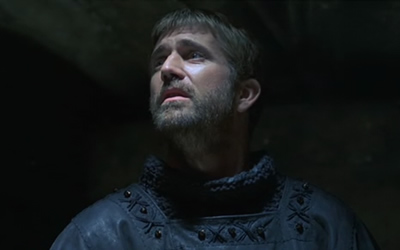The 300-Year Party: Peak Forests
This blog is based on the post The 300-Year Party: Peak Forests.

In order to understand the nature of our current dilemma, including climate change, it is useful to consider how the development of our society that is based on the use of fossil fuels came about.

